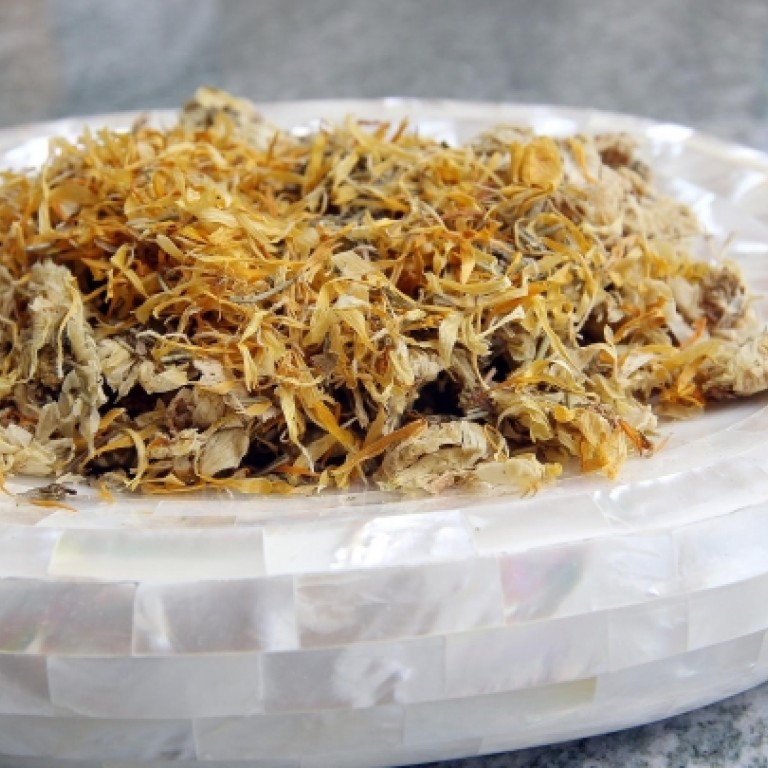
Dancing with the spas: Four Seasons' Botanical Cure
The lomi lomi nui mixes massage and movement, writes Amy Russell
A massage treatment that means "to break apart from the heart" might sound scary to the uninitiated. But spending some time with Sabina Mallanalli Visarraga puts my mind at ease regarding the .
Visarraga, from Mexico, is heavily spiritual and emits a positive, calm energy as she tells me the history of the massage. "Lomi lomi was first practised by Hawaiian kings and royal family," she says.
While you might have seen lomi lomi massages on offer before, the nui (flight) - which involves intricate dance steps performed around the body during the massage - is new to Hong Kong.
Traditionally, the massage served as a Polynesian rite-of-passage ceremony. Visarraga says: "You should have this at important times of your life. When it's your birthday, or when you are undergoing a big change."
This should resonate with auspicious beliefs of many Hongkongers.
There are only a handful of people in the world qualified to teach the lomi lomi nui technique and Visarraga is one of them. She has a background in TCM, but these days she spends most of her time working with therapists to teach them how to conserve energy, so they can bring greater benefits to their clients. The unusual, therapeutic experience is part of a new Botanical Cure treatment at The Spa at Four Seasons Hotel Hong Kong.
The hotel flew Visarraga over to train select spa therapists (those with a deep sense of spiritual care and well-being).
She says that to perform the technique, each therapist should practise "for at least an hour, every day, for the rest of their lives. It really is an investment. They must honour their practice." The Botanical Cure treatment is a cure by both name and nature. Consisting of a wrap, scrub, and the intense lomi lomi nui massage, it's supposed to be a healing experience.
Shyju, my therapist, demonstrates the dancing steps then the treatment begins. I am encased in warm, damp towels infused with rosemary, basil and rue, and a Bio Slim heat blanket is put around me. As its name suggests, it is to help you lose weight through sweating, a lot.
Whenever it begins to feel uncomfortable inside the cocoon, Shyju soothes me with a cool cloth on my face. Even so, it can get a bit claustrophobic (some deep breathing can help ease this) and I am pleased when we move on to the honey and salt scrub, to remove dirt and toxins.
After the scrub, I shower off and sit down to have chamomile tea. I'm not drinking it - instead it's poured over my head to relax me. The herbal cleanse is both soothing and refreshing, and I move back to the massage table for the lomi lomi nui.
The massage is an intimate experience between you and your therapist. "It's about transmitting vibrations from therapist to client to cause expansion in the body, to create space within themselves," says Visarraga.
I feel very comfortable with Shyju, who is a picture of courtesy. When he starts, it feels as though more than one person is massaging me. This is a somewhat surreal sensation, and my mind doesn't know what to expect. Through fluid, flowing motions, I become completely immersed in the treatment, and find myself in a level of consciousness akin to the state yogis achieve during meditation.
It's trance-like - almost hallucinogenic. But it's nothing to be afraid of - the after-effects make you feel more "present", just as I was told I would feel. Similarly, Visarraga says when she massages clients, "I am present. I let my client receive whatever is meant to happen to them."
Do I feel transformed? Not quite, but the three hours have been an emotional, inexplicable and quite profound journey; and the effects are instantly recognisable, which is just what you need in a fast-paced city like Hong Kong.
The three-hour Botanical Cure treatment costs from HK$3,800 (Mon-Fri). The Spa at Four Seasons Hotel Hong Kong, 8 Finance Street, Central, tel: 3916 8888.
